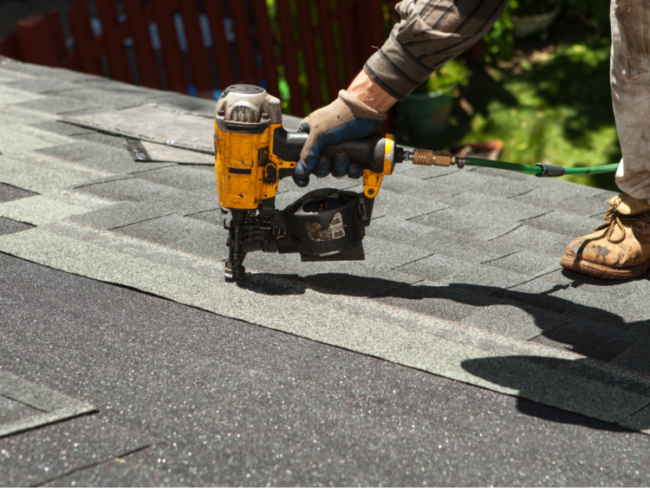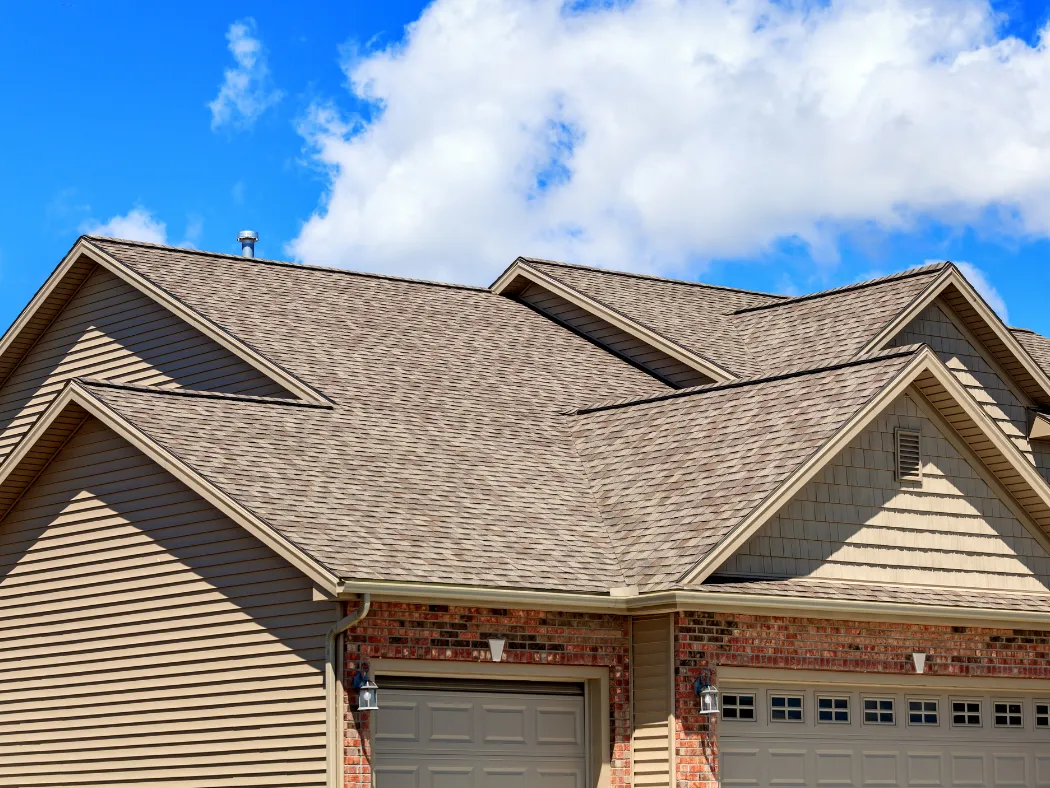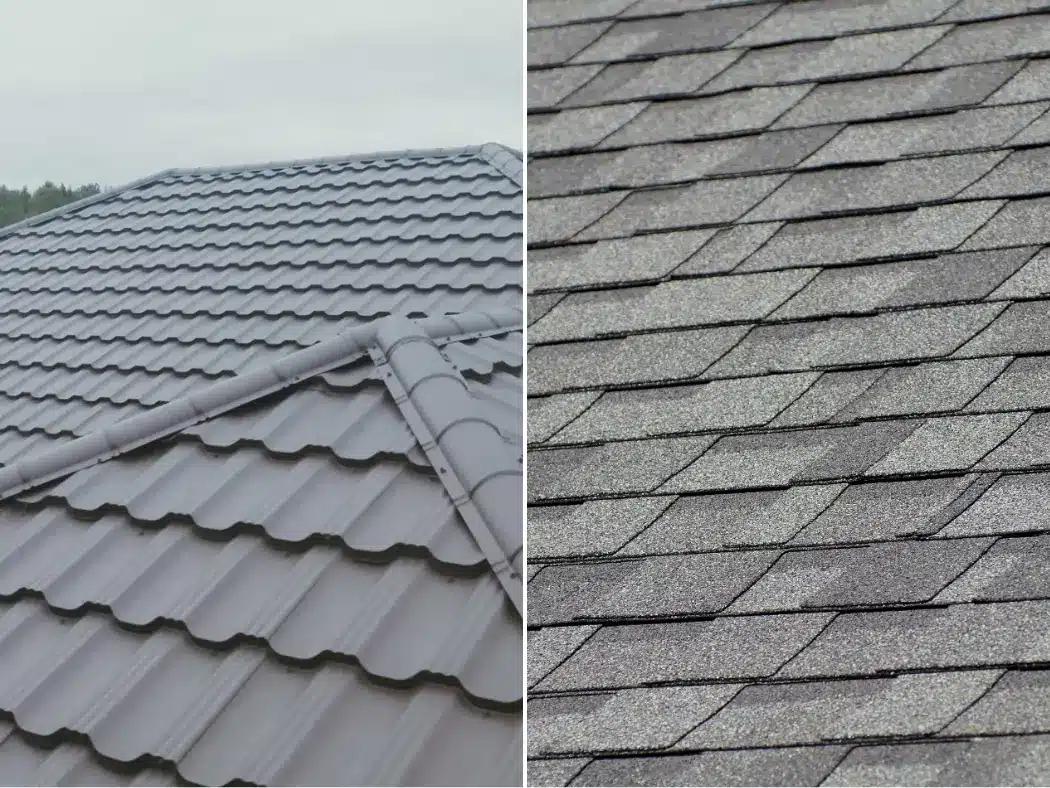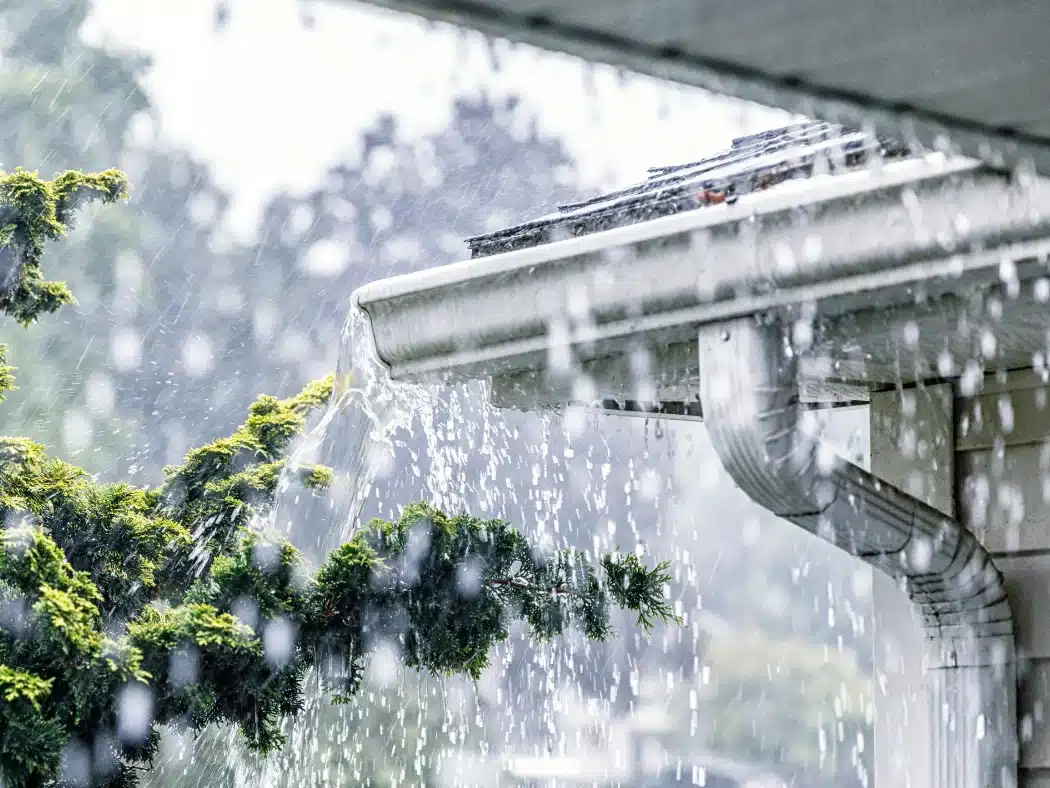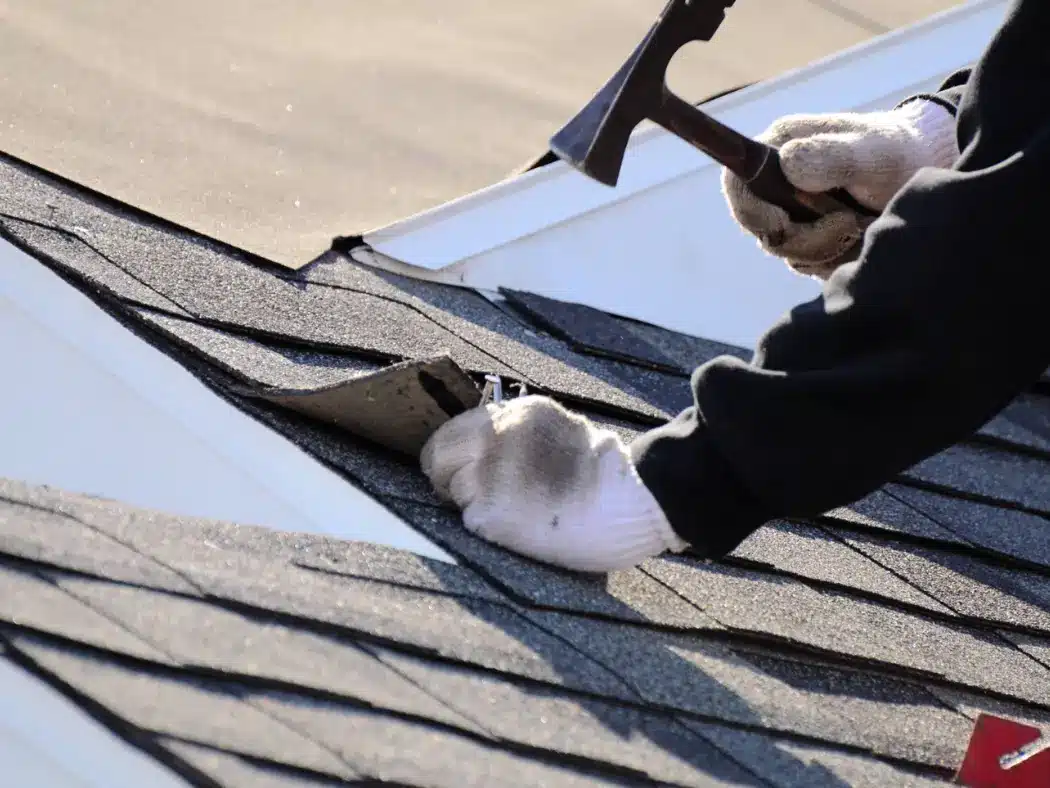It’s a homeowner’s nightmare: an unexpected summer storm just barreled through and wreaked havoc on your roofing system, your monthly energy bills are “through the roof,” or you notice your roof is starting to sag to the left. Whatever the problem you are facing with your roofing system, the cost of repairs is adding up and you are beginning to wonder if now is the most cost-effective time to replace your roof entirely. Understanding each option’s key factors and indicators can help you make an informed choice. Below are some considerations for making the right decision for your home.
The Age of Your Roof
The average lifespan of an asphalt shingle roof with proper installation and routine maintenance is about 20-30 years in ideal environmental conditions. Similarly, metal roofs can last 40-50 years or more. Consider the age of your roof when deciding if it’s time to install a new roof. If your roof is less than 15 years old, repairs may be sufficient, depending on the extent of the damage. However, if your roof is over 20 years old, it may be time to consider a replacement. It’s normal for wear and tear over time to occur, and it’s more cost-effective in the long term to replace your roof than sink finances into repairing a roof that is at the end of its lifespan.
The Amount of Damage
Although manufacturers have marketed the average life span of various roofing systems to last for decades, the reality of environmental factors and inclement weather events can significantly compromise the longevity of a roof. It is imperative to have an experienced roofing contractor inspect your roof and provide a comprehensive report, including pictures, so that you can make an informed decision. If your roof is in good condition overall but has a few dislodged shingles, a small one-time leak, or a small area of cracked flashing, repairs can be made to address these issues. However, if the structural integrity of your roofing system is damaged, you are persistently getting leaks, your roof is sagging, or there is extensive storm damage, it may be time to consider a replacement. Consult with an experienced residential roofing contractor you trust to help you weigh your options and provide their professional recommendation.
Cost of Repairs
While repairs at first may appear more cost effective, they can add up quickly over time and can cost you more money in the long term versus a roof replacement. There are options for repairs and replacement, including supplementing the project’s cost through the insurance claims process if your roof is damaged from an inclement weather event. Regardless, a roof replacement over the long term is often more cost-effective than repeated repairs. Once you replace your roof, the best way to extend its lifespan is to perform routine roofing inspections and make small repairs quickly.
Your Long-Term Goals
When deciding on roof repairs versus a roof replacement, consider your future plans for your home. If you plan on staying in your home for years to come, a new roof will be better equipped to keep you and your family safe from the elements. If you plan on moving or selling your home, a new roof will increase your home’s resale value and curb appeal. If your goal is to save on monthly energy bills, you can replace your roof with energy-efficient materials in mind.
Whether roof repairs or replacement are best will depend on your unique situation and the condition of your roof. Considering these factors and consulting with a roofing professional for personalized advice will help you arrive at the best decision for your home.
Are you looking for a residential roofing contractor in the Central and Gulf Coast Texas region? As a GAF-certified, Better Business Bureau Accredited, and National Roofing Contractors Association family-owned business, we pride ourselves on understanding our customers’ pressing needs and ensuring that your requirements are at the core of every project. Contact us today to get a quote. WorleyByrd is the word!

